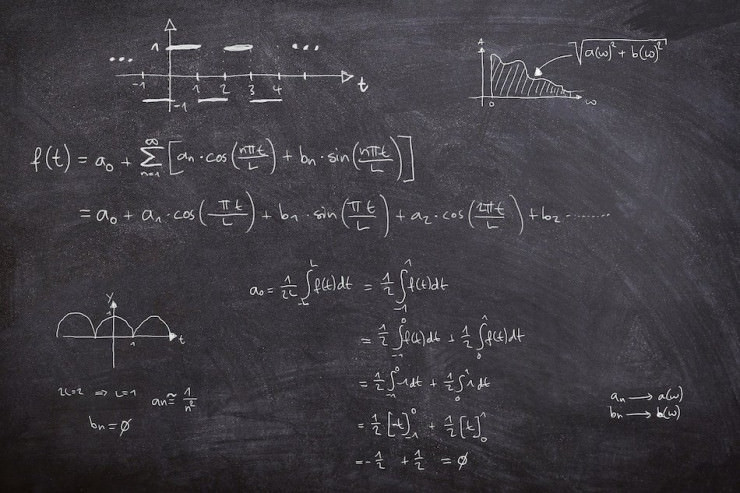“Element of chance has no memory“ - US-investigate the misconception

Winning or losing in gambling depends solely on the element of chance. This statement sounds plausible, however many players do not always heed this simple fact. Many gamblers have somehow established misleading ways of thinking in their mind. It is a fatal mistake to take a decision about the next gambling round when making use of this cognitive misjudgement.
After getting a black number for ten consecutive times when playing roulette, the next number must now be red. Or not? It is characteristic for gambling, that there is no explanation for the cause of a single occurrence or coincidence of several occurrences. And this is exactly the case when playing Roulette. After the old gamble round has ended, the element of chance for the new gambling round is much the same for every number. Independent from the previous number. However the players are easily tempted to base their decision on the basis of their previous experiences and results.
US-Scientists investigate cognitive misjudgements
In a current study, American researchers from Dartmouth College in New Hampshire investigated to what extent pre assumptions influence future decisions. Simplified, the US-scientists have questioned, if gamblers are influenced by previous results.
This way of thought which was discovered over 50 years ago, is called ”Gambler’s Fallacy“. This refers to the fact that a gambler believes that he or she can deduct the emergence of a coincident result based on his or her past results.
50/50 element of chance remains 50/50 element of chance
When playing roulette, after for example, the ball in the kettle remains in a black number for ten consecutive times, one could think, that on the eleventh time a red number will finally follow. However this assumption is exactly wrong. A 50/50 element of chance remains a 50/50 Chance even after the hundredth game round. This means: Before each game starts, the probability for a black and red number is equally high. The previous results do not play any role when the probability is calculated.
Experience has shown, that inexperienced players especially tend to adopt such cognitive misjudgements. It often happens that they start doubling and tripling the stakes after several “red“ rounds because they are sure that a “black” round will follow. A mostly expensive mistake.
“The element of chance has no memory“
An important principle is that the element of chance has no memory. This means, that it cannot derive what future results will look like from the previous results. Therefore, those who play roulette and place their bet on the “red“ after the twelfth consecutive “red“ round, have the same element of chance as someone, who bets on the “black” in the thirteenth round. Thus it is for example irrelevant when playing lotto, if one thinks out six numbers himself or if one marks a sequence of numbers from one to six. The winning chance will still be equally high (or equally low).
If one uses common sense when gambling, one is well-advised. Unfortunately the gambler who is gripped by the game, tends to overestimate himself and tries, to “outwit” the element of chance. Many gamblers had to pay dearly for the lack of this insight, which as a rule does not function.
Probabilities are miscalculated wrong
In the US-Study, the researches have also determined, that the participating test subjects have among other things miscalculated the probabilities. Therefore they did not succeed to calculate the correct probability for the game outcome in a mathematically correct way. Further to this on several times, the test subjects did not manage to understand and use exponential growth and apply it correctly.
The biggest danger in gambling is that gamblers simply overestimate themselves. They tend to develop their own strategy, which is often based on cognitive misjudgements and are therefore not promising in the long run. It makes more sense to pay attention to the logic and understand the principle of the element of chance.
Conclusion
US-Researchers have lately published a study which examines the misconceptions in the decision making. The probability that even after the twentieth “red” round, a red number is played again in the subsequent game round, is just as high as before. Cognitive Misconceptions can proof to be expensive for gamblers, not only in the online casinos, but also on-site. Therefore one should be well advised to leave the element of chance to do its work, because luckily this element has no memory.
Source Picture: https://pixabay.com/de/photos/tafel-mathematik-mathe-fourier-3804006/

0 Comments to: “Element of chance has no memory“ - US-investigate the misconception
Our community thrives on your feedback - so let us know what you think!
Would you like to write comments on GambleJoe yourself? Then just create a GambleJoe User Account.